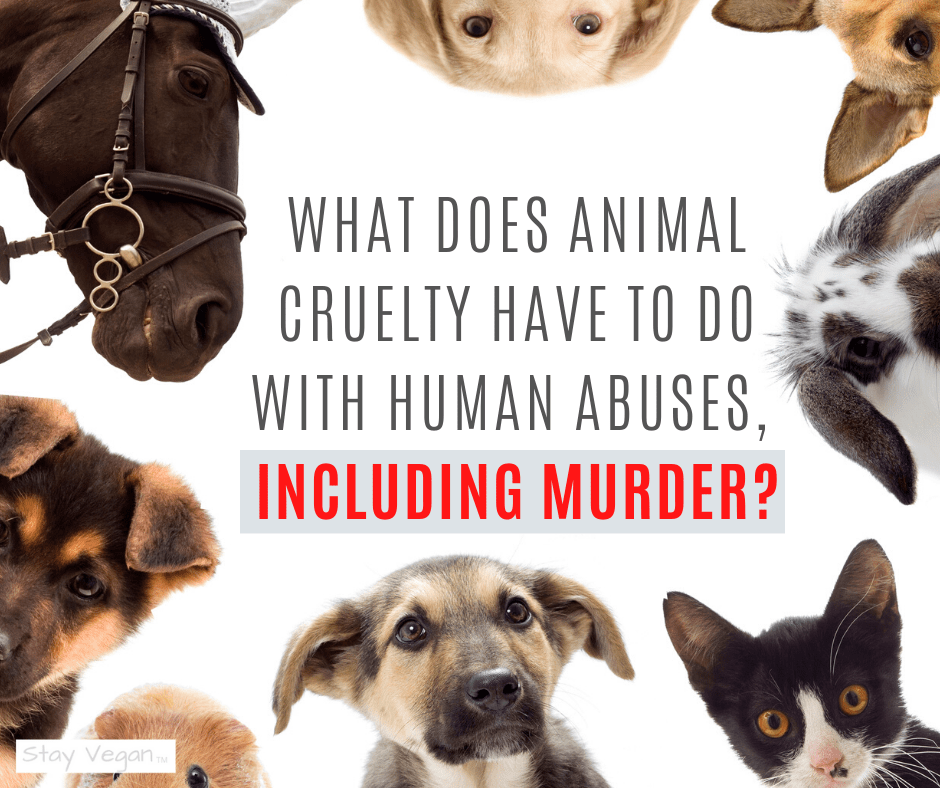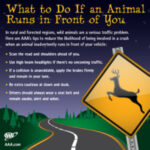In the contemporary era, animal cruelty manifests in numerous forms, spanning from the overt neglect of pets to the pervasive implications of factory farming. Despite the alarming statistics and graphic imagery that permeate the media, a palpable sense of oblivion surrounds this pressing issue. This phenomenon warrants attention, as it encapsulates a collision of societal norms, psychological mechanisms, and cultural practices. To dissect the question “Why are people so oblivious to animal cruelty?”, we must explore the myriad dimensions that contribute to this widespread indifference.
The normalization of violence against animals often reiterates the desensitization within the public conscience. Modern society, accustomed to consuming animal products, increasingly becomes numb to the cruelties involved in their production. For many, a steak is merely a meal on a plate, devoid of any connection to the animal’s suffering. This compartmentalization allows individuals to feast while ignoring the moral quandaries surrounding animal agriculture. It raises the inquiry about the ethical responsibilities of consumers. Are they complicit in animal suffering by virtue of their choices?
Cultural factors play a significant role in perpetuating this ignorance. In societies where animal consumption is deeply ingrained in tradition, normative beliefs about animals influence perceptions of their treatment. In many instances, animals are classified as livestock, relegated to a secondary status. This cultural hierarchy delineates a boundary between human and non-human animals, fostering an environment where cruelty can be institutionalized. The disconnect extends to the depersonalization of animals—when lives are quantified in terms of productivity, their intrinsic value is eclipsed.
Moreover, emotional disconnection is a salient factor contributing to this oblivion. Humans possess an inherent tendency to empathize with beings that exhibit familiar traits. Animals that evoke affection, such as dogs or cats, elicit sympathy and concern, while those perceived as less relatable, such as farm animals, languish in shadows of neglect. This emotional bias exemplifies a cognitive bias known as the “identifiable victim effect,” where individuals express greater empathy for identifiable victims rather than faceless multitudes. Thus, farmed animals suffer silently, their plight largely overlooked by those who shun awareness of systematic suffering.
Furthermore, the role of media in shaping perceptions cannot be discounted. Sensationalized representations of animal cruelty sporadically surface, often relegated to niche broadcasts or viral clips. Such portrayals can serve as shock value, eliciting momentary outrage followed by rapid desensitization. The cycle perpetuates itself in a society obsessed with immediate gratification, where prolonged engagement with uncomfortable truths is quickly dismissed. In contrast, comprehensive educational strategies advocating for humane treatment tend to elicit more sustained engagement. However, these strategies often contend with a media landscape that prioritizes entertainment over substantive discourse.
Education, or the lack thereof, constitutes another pillar in this analysis. Many individuals are insulated from the realities of animal agriculture or animal testing. Inadequate exposure to information fosters ignorance. The lack of curricula addressing animal welfare issues in schools further entrenches this disconnect. Those raised in environments that neglect to instill empathy for other species are less likely to question ingrained societal norms. Therefore, a knowledge gap emerges, perpetuating a cycle in which future generations remain unaware or uninterested in the harsh realities of animal cruelty.
Additionally, the psychological defense mechanism of denial must be acknowledged. Faced with the grotesque realities of animal cruelty and exploitation, people often retreat into a psychological barrier. This denial can manifest as avoidance behaviors—choosing to overlook evidence or suppress moral discomfort. Cognitive dissonance arises when individuals find themselves grappling with the conflict between their values and their actions. This inner turmoil leads many to disengage from conversations surrounding animal welfare, perpetuating ignorance and inaction.
Economic motivations cannot be overlooked either. The lucrative nature of animal agriculture and other exploitative practices engenders vested interests that resist reforms. Lobbying efforts designed to protect these industries often overshadow the pressing concerns for animal welfare. This economic influence further complicates the discourse, pitting financial stability against ethical consideration. In a society that often prioritizes profits over principles, the plight of animals becomes subsumed beneath corporate interests.
Finally, the intersectionality of animal rights with broader social justice movements demands attention. The dismissal of animal cruelty can often mirror other forms of societal neglect. For instance, marginalized communities frequently bear the brunt of systemic injustices—in a similar vein, animals too experience discrimination based on species. The fight against animal cruelty can benefit from alliances with various social justice movements, strengthening the argument for compassion and ethical treatment across all sentient beings. Recognizing these connections can foster a holistic understanding of justice that encompasses both human and animal rights.
In conclusion, the oblivion surrounding animal cruelty is not a simplistic phenomenon but rather a multifaceted issue rooted in cultural, psychological, educational, and economic strands. Awareness is the first step toward addressing this problem, urging an introspection into our values and actions. Individuals must confront the uncomfortable truths about their consumption habits, support educational initiatives, and engage with the systemic injustices experienced by non-human animals. By fostering this awareness, it is possible to cultivate a society that vehemently denounces cruelty in all its forms, thereby promoting a more compassionate and ethical world.










